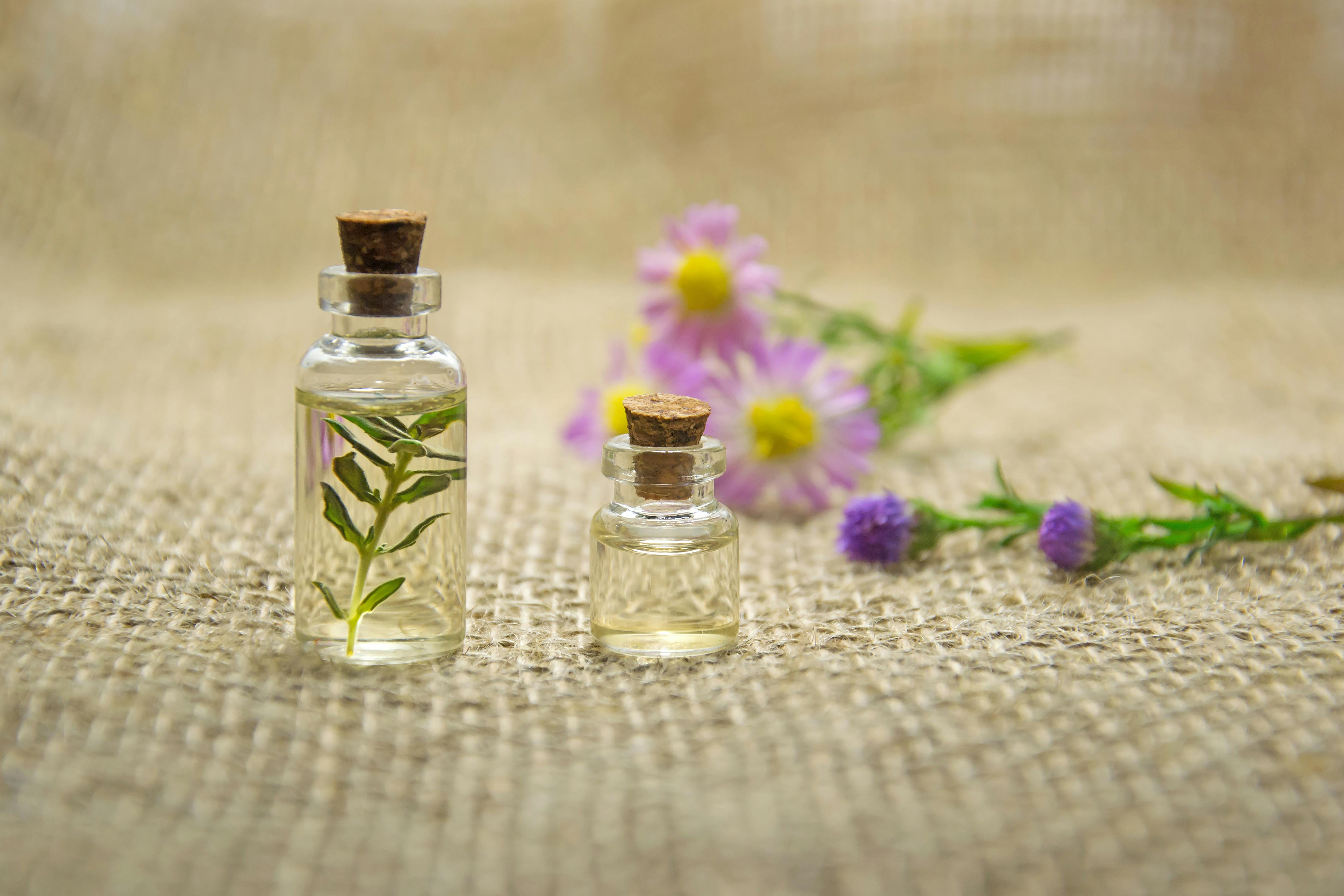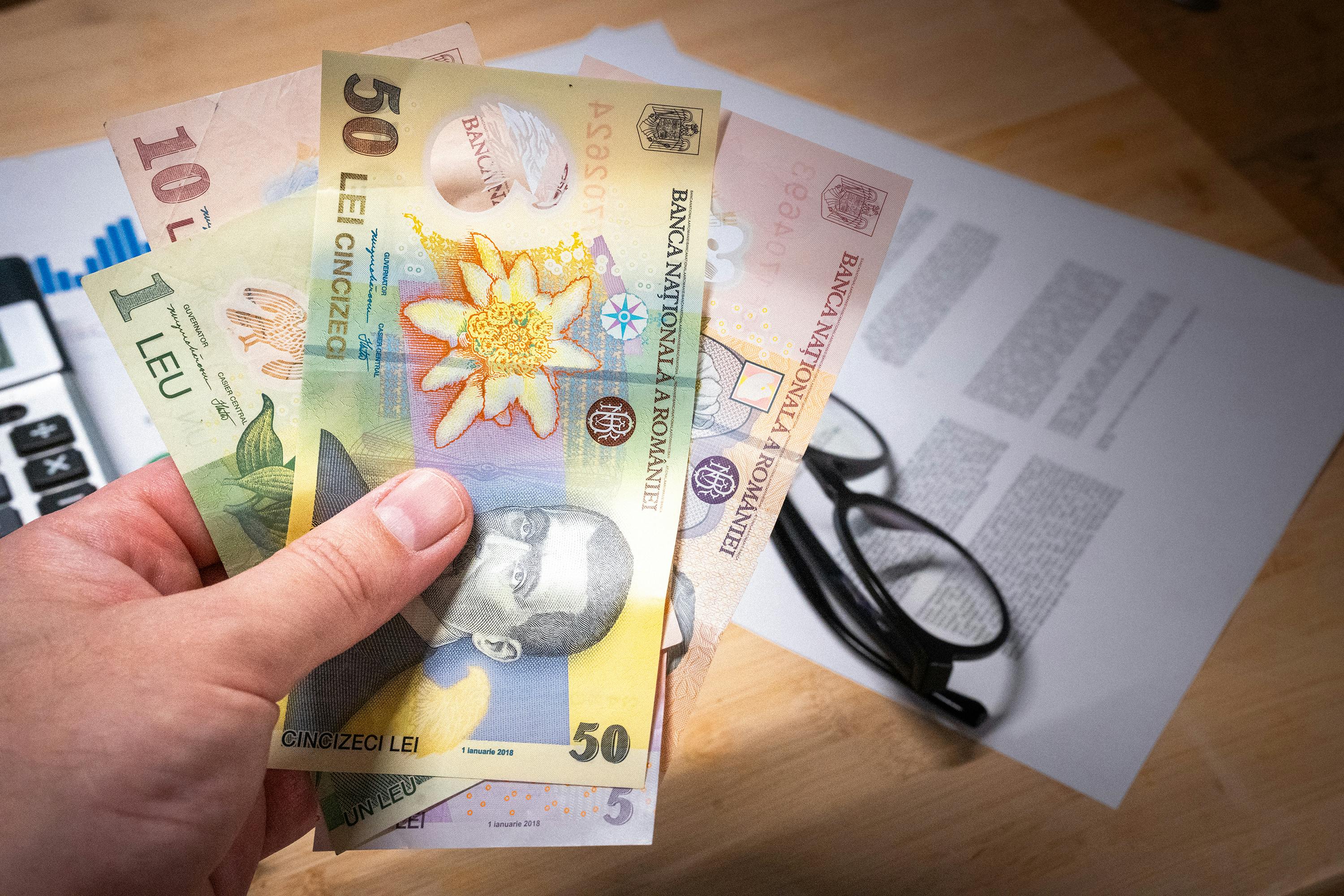The Art of Perfumery: A Fragrant Journey Through Time
The art of perfumery is as old as civilization itself. Originating in the ancient civilizations of Mesopotamia and Egypt, it has evolved over millennia into a multi-billion dollar industry that permeates every corner of our lives. Whether it's the scent of a freshly bloomed rose, the aroma of a favorite meal, or the fragrance of a loved one, our sense of smell is intrinsically linked to our emotions and memories. Perfumery, in its many forms, taps into this primal connection, creating an invisible yet potent language of emotion, memory, and desire.

Ancient Origins and Historical Significance
Perfumery’s earliest roots can be traced back to the ancient civilizations of Mesopotary, around 4,000 BC, where aromatic plants were used in religious ceremonies. In Egypt, perfumes were integral to religious rituals and burial ceremonies. They believed that the pleasant smell of perfumes pleased the gods, and the scents were thought to help guide the soul to the afterlife.
In the classical era, the Greeks and Romans further developed the art of perfumery, making it a part of their daily lives. Perfumes were used not only for personal fragrance but also in public buildings, baths, and at festive occasions. With the fall of the Roman Empire, the center of perfume culture shifted to the Islamic world, where the use of fragrances in daily life and the development of aromatic medicines flourished.
Modern Perfumery and the Rise of Designer Fragrances
The art of perfumery underwent a significant transformation in the 19th century with the advent of synthetic materials. These allowed perfumers, or ‘noses’ as they are often called, to create a wider range of fragrances, leading to the birth of modern perfumery.
The 20th century saw the rise of designer fragrances, which connected perfume to fashion and luxury. Iconic perfumes like Chanel No. 5, created by Ernest Beaux for Coco Chanel in 1921, and Dior’s Eau Sauvage, crafted by Edmond Roudnitska in 1966, became symbols of elegance and sophistication. These perfumes transformed the industry, making fragrance an essential accessory in the fashion world.
The Impact of Perfumery on Culture and Society
Perfumes have always had a profound impact on culture and society. They have been used as a medium of personal expression, a tool for seduction, and a symbol of status. In many ways, the history of perfume is the history of human culture, reflecting societal shifts and changes in taste.
Today, the perfume industry is a global powerhouse, with a value estimated to reach over $52 billion by 2025. Perfumes are no longer just about personal scent; they are a part of our identity, a way to express our individuality, and a means to evoke memories and emotions.
The Art and Science of Creating Perfumes
Creating a perfume is a complex process that combines artistry with chemistry. It involves the careful selection and blending of different ‘notes’ or scents, which unfold over time. The ‘top notes’ are the scents that are immediately perceptible, the ‘middle’ or ‘heart notes’ form the core of the fragrance, and the ‘base notes’ are the ones that last the longest.
Perfumers must have a deep understanding of the properties of each ingredient and how they interact. They must be able to imagine and create scents that not only smell good but also evoke the desired emotions and associations. It’s a delicate balance that requires both creativity and scientific precision.
The Future of Perfumery
The future of perfumery looks both exciting and challenging. With advances in technology, perfumers now have access to a wider range of synthetic and natural materials than ever before. This opens up new possibilities for creating innovative and complex fragrances.
At the same time, the industry faces challenges, including the sustainability of natural resources and the impact of synthetic materials on health and the environment. As consumers become more conscious of these issues, the industry must adapt and evolve.
Despite these challenges, the art of perfumery continues to captivate and delight. From its ancient origins to its modern manifestations, it remains a powerful form of expression and a testament to the human desire for beauty, pleasure, and emotional connection.




